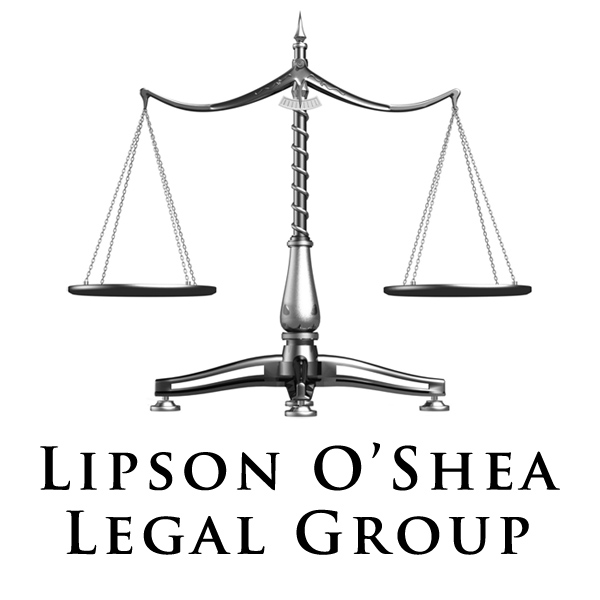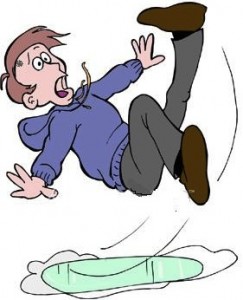"Marital Property" and "Separate Property" under Ohio divorce law
/A recent Ohio Court of Appeals opinion discussed the definition of, and difference between, "marital property" and "separate property." These can be important definitions when the parties have been married for a long time and have worked on or bettered property each may have owned prior to the marriage. Generally speaking, under Ohio law, the property you bring into the marriage (called "separate property") does not become "marital property" (property owned by both the husband and the wife) just because of the marriage. If that separate property is segregated and remains largely unchanged during the marriage, it remains separate property. If either or both of the parties work on or assist in the increase in value of separate property during the marriage, then that "appreciation" in value (but not the pre-marital portion) is going to be considered marital property. Separate property can also lose its status as separate property (called "transmutation") if it is "commingled" with marital property and the commingled part cannot be "traced" back to its separate property roots. Since there is no marriage class that people go to before marriage, many of our clients are stunned to find out that a portion of, or even all of, their separate property is now, because of how that property was treated during the marriage, allegedly marital property.


 We often get calls from folks who fell while walking on someone's property - and they often assume that the property owner is liable to them for the injuries they suffered from that fall. However, when applying Ohio law to the facts of many of these cases, the property owner has no liability. Under Ohio law, in order for a property owner to have any liability to someone who is injured on that property, the injured party must prove EITHER: (1) the owner of the property knew of the dangerous condition before the injury, and that owner failed to remedy, or improperly remedied, that dangerous condition, or (2) the property owner actually "created" the dangerous condition. Further, there is a good body of law that states that naturally accumulating ice or snow does not require the owner of the property to clear that accumulation - and if you slip and fall on that naturally accumulation snow and ice, the property owner has no liability to you. Further still, if you trip and fall on a sidewalk where the "crack" is 4 inches or less, then the property owner has no liability to you.
Nevertheless, many times the property owner does, for the reasons stated above, have liability to a person injured on that property. We have successfully obtained reasonable compensation for people in those situations, so feel free to contact us to see if you have a valid claim.
We often get calls from folks who fell while walking on someone's property - and they often assume that the property owner is liable to them for the injuries they suffered from that fall. However, when applying Ohio law to the facts of many of these cases, the property owner has no liability. Under Ohio law, in order for a property owner to have any liability to someone who is injured on that property, the injured party must prove EITHER: (1) the owner of the property knew of the dangerous condition before the injury, and that owner failed to remedy, or improperly remedied, that dangerous condition, or (2) the property owner actually "created" the dangerous condition. Further, there is a good body of law that states that naturally accumulating ice or snow does not require the owner of the property to clear that accumulation - and if you slip and fall on that naturally accumulation snow and ice, the property owner has no liability to you. Further still, if you trip and fall on a sidewalk where the "crack" is 4 inches or less, then the property owner has no liability to you.
Nevertheless, many times the property owner does, for the reasons stated above, have liability to a person injured on that property. We have successfully obtained reasonable compensation for people in those situations, so feel free to contact us to see if you have a valid claim.
